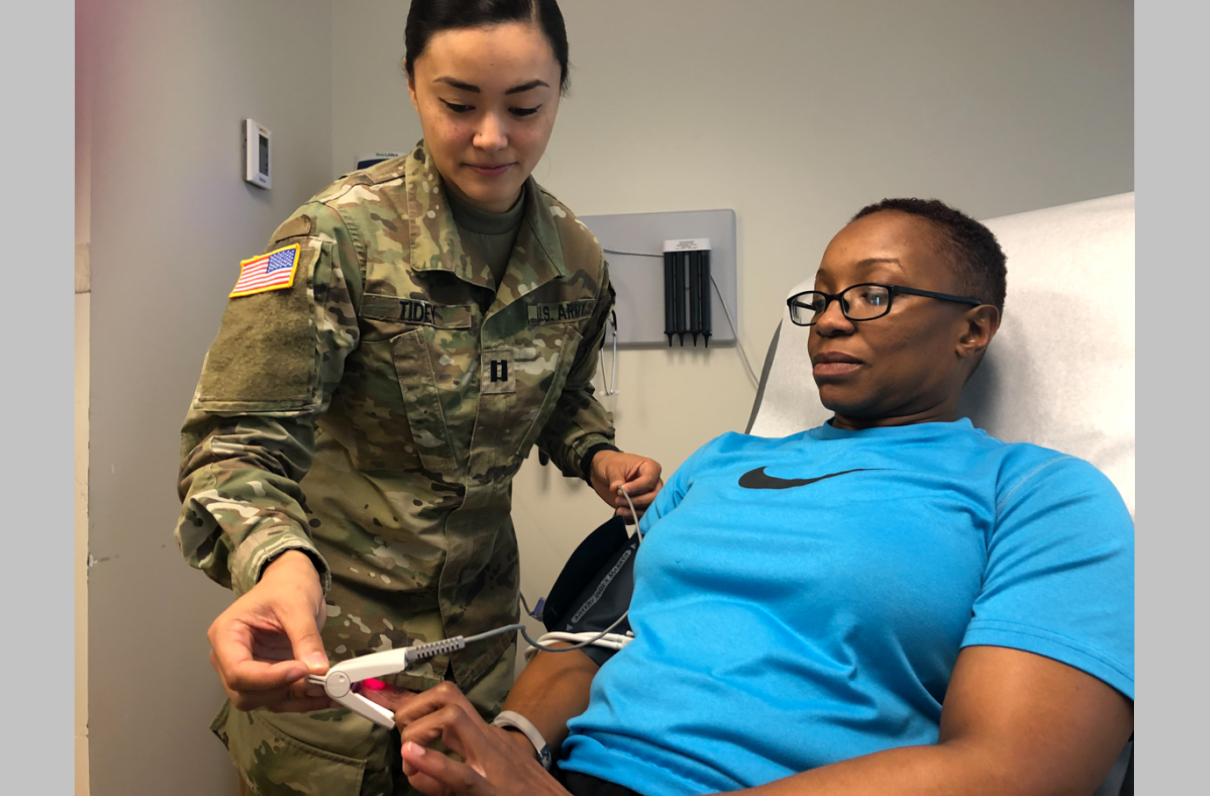DoD health care reforms passed into law as part of the FY 2017 National Defense Authorization Act (NDAA) are just now taking shape, and MOAA has made it a priority to ensure these changes do no damage to the military health care benefit.
Part of MOAA’s effort on this issue has been to keep it on the radar of key lawmakers, and a May 12 hearing of the Senate Armed Services Committee’s Subcommittee on Personnel showed how that work is paying off … and why it’s necessary to keep focused on these changes.
DoD has ended its COVID-triggered “strategic pause” on moving control of military treatment facilities (MTFs) from the services to the Defense Health Agency (DHA) and “rightsizing” dozens of locations as part of the transition, Dr. Terry Adirim, acting assistant secretary of defense for health affairs, told the Senate panel. The restart involves DoD “revalidating the assumptions” made prior to the pandemic when allocating health care resources, Adirim said, and ensuring any MTF closures or downsizing occurs “only when we are certain that TRICARE networks can provide timely and quality access to health care for our beneficiaries.”
[RELATED: MOAA’s Advocacy in Action]
This has been MOAA’s main concern throughout the realignment process – a concern heightened by a 2020 Government Accountability Office (GAO) report outlining how DoD’s initial analysis relied on incomplete and/or inaccurate information.
MOAA successfully fought for language in the FY 2021 NDAA requiring DoD officials to reassess its pre-COVID analysis and to certify to the relevant congressional committees that reforms will not harm beneficiaries’ access to quality health care.
Reaching All Beneficiaries
Asked how officials planned to ensure continued coverage for those in rural areas, Adirim pointed to advances in telemedicine and virtual care, allowing this type of treatment to reach more beneficiaries. MOAA has supported these advances – Adirim called telemedicine “one piece of expanding health care” – but they won’t solve all medical needs for those in underserved areas. Only a complete, post-COVID analysis of regional health care markets can inform sensible changes to the system.
These telehealth services also will strengthen another area of concern for the military medical system, Adirim said, allowing providers to offer more behavioral health care options to more beneficiaries. DoD is attempting to bring in more psychiatrists, Adirim told the panel, and said keeping behavioral providers in the TRICARE network has been “very difficult” as the industry skews toward a “cash-only” (no insurance accepted) model.
MOAA has made it a priority to ensure mental health benefits for TRICARE beneficiaries, including a longstanding push to lower copays on these and similar visits, where cost can become a barrier to receiving much-needed care.
Medical Billet Cuts
Since they were announced in the FY 2020 administration budget request, MOAA has raised awareness of the risks associated with cutting approximately 18,000 medical billets, or 18% of the uniformed military health system workforce.
Asked about the Navy’s plans to cut billets at some of its military treatment facilities, Naval Operations Deputy Chief and Chief of Naval Personnel Vice Adm. John Nowell said, “I will assure you that we will not shift any family member or retiree care or care for our servicemembers if it affects Military Medical Force readiness.” He also said care would not be moved out of MTFs in areas where the TRICARE network doesn’t have the capability or capacity to absorb it and committed to maintaining graduate medical education.
[RELATED: Navy’s Top Officer Pledges ‘Closer Look’ at Planned Medical Billet Cuts]
For more on MOAA’s ongoing health care initiatives as well as other advocacy efforts, visit MOAA’s Advocacy News page.
Have More Questions About Your Health Care Benefit?
MOAA's TRICARE Guide answers some commonly asked questions.

